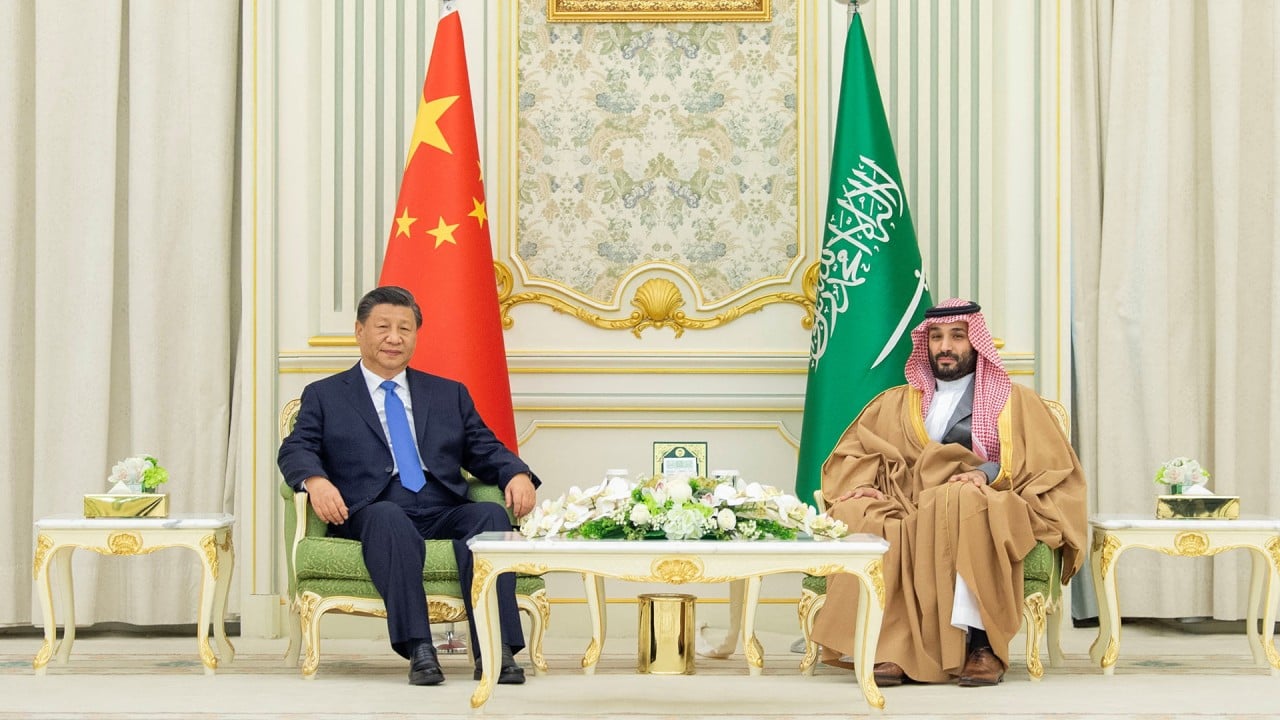Summary by Geopolist | Istanbul Center for Geopolitics:
The article from the South China Morning Post discusses the current geopolitical landscape, focusing on the roles of China and the United States in the ongoing conflicts in Ukraine and Gaza.
Key points:
-
China’s Diplomatic Rise: The article acknowledges China’s increasing influence on the global stage. China has been actively involved in diplomatic efforts and has made significant strides in enhancing its international presence.
-
US Influence in Key Conflicts: Despite China’s growing role, the article argues that the United States remains crucial in addressing major global conflicts, particularly in Ukraine and Gaza. The US’s involvement and influence in these areas are highlighted as central to shaping outcomes.
-
Ukraine Conflict: In Ukraine, the US has been a leading supporter of the Ukrainian government against Russian aggression. The article emphasizes that American military aid and political support have been instrumental in sustaining Ukraine’s resistance and shaping the conflict’s dynamics.
-
Gaza Conflict: Similarly, in the Gaza conflict, the US plays a key role in mediating and influencing the dynamics between Israel and Palestinian factions. The article suggests that US involvement is vital for any potential resolution or escalation management in the region.
-
Comparative Influence: While China’s diplomatic efforts are growing, the article argues that the US’s historical alliances, military capabilities, and economic power give it a significant edge in influencing the outcomes of these conflicts. The US’s strategic decisions and support are portrayed as pivotal in the resolution or continuation of these crises.
-
Geopolitical Implications: The piece concludes by noting that while China’s diplomatic rise is notable, the US’s continued dominance in key conflicts demonstrates its enduring influence on global geopolitics. The balance of power and the US’s role in conflict resolution remain crucial factors in international relations.
Overall, the article explores the interplay between China’s diplomatic ascension and the persistent significance of US involvement in global conflicts, particularly in Ukraine and Gaza.
Read more below.
Despite China’s diplomatic rise, US still holds key to wars in Ukraine and Gaza
China’s increased role as a mediator is important for stability in the Middle East. By fostering unity, Beijing’s efforts could help the region overcome internal conflicts and enhance its capacity to work for the common good.
China is not a direct party to any Middle East conflicts, but it is far from disinterested. With its substantial economic footprint in the region, a stable Middle East aligns with China’s strategic and economic interests.
Underpinning China’s engagement in the Middle East is President Xi Jinping’s Global Development Initiative, which aims to transform the world through economic cooperation. Through initiatives and organisations such as the Belt and Road Initiative, the Brics grouping and the Shanghai Cooperation Organisation, China aims to reshape the current global economic order.
China envisions itself as a global power primarily through its economic influence, aiming to create what it sees as a fairer world system. In the context of today’s conflicts, Beijing views economic development as the essential foundation for achieving sustainable peace and security.
The Switzerland peace summit did not garner the support it sought. India, Saudi Arabia and South Africa were among the countries that declined to sign the final communique, with the two former countries citing Russia’s absence and the latter Israel’s presence.
The US election is unlikely to alter the trajectory of the Gaza war. Netanyahu is expected to persist with a military approach. In contrast, former US president Donald Trump’s re-election could lead to Zelensky and Ukraine being forced into a negotiated settlement with Russia.
China is emerging as a transformative economic power. Through the Global Development Initiative, China is not only fostering economic growth but laying the economic groundwork for lasting global peace and stability. Countries mired in conflict can turn to China for peace facilitation, and for many of those countries the path to peace appears to be through Beijing.
However, the immediate resolution of ongoing conflicts lies elsewhere. The contrasting fates of Zelensky and Netanyahu suggest that it is Washington, not Beijing, that will ultimately shape the trajectory of the crises in Ukraine and Gaza. Despite Beijing’s increased diplomatic presence, it is the US that will ultimately determine if and when the wars in Europe and the Middle East come to an end.
By: Peter T.C. Chang – an research associate at Malaysia-China Friendship Association
Source: South China Morning Post








